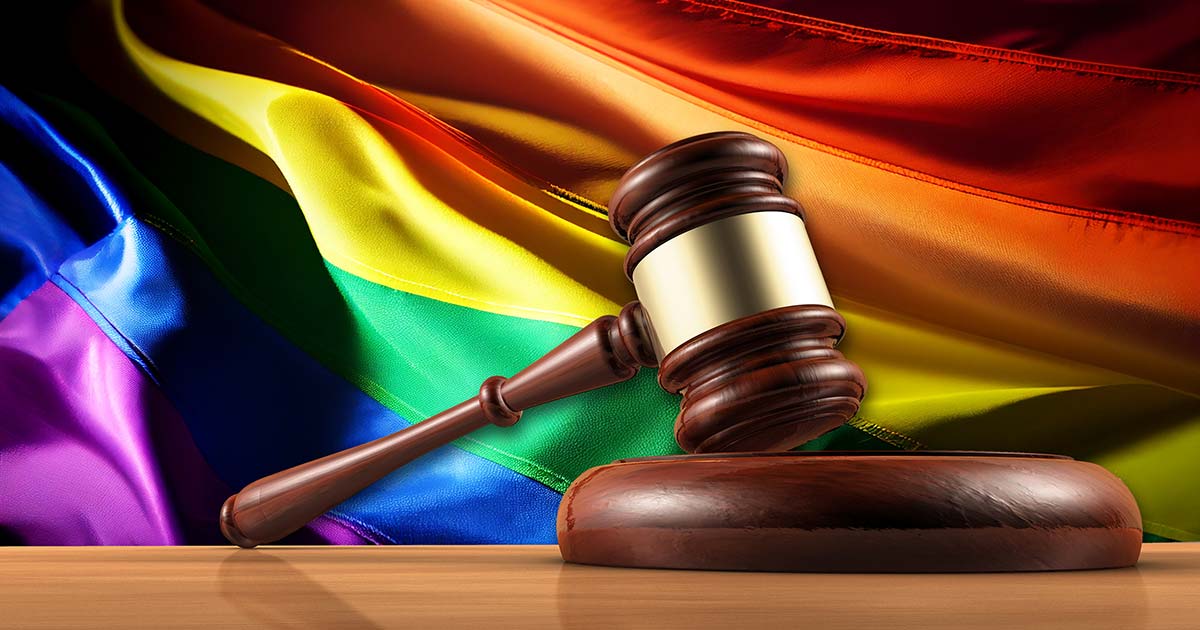New campaign shines spotlight on South Africa’s Equality Courts

Equality Courts are a potent tool for seeking redress against unfair discrimination and hate speech, yet they remain underutilised and relatively unknown among those who need them most.
In response to a rising tide of prejudice, Gauteng-based OUT LGBT Well-being has launched a four-month campaign aimed at educating South Africa’s LGBTIQ+ community about these courts and how to effectively access them.
Sibonelo Ncanana, OUT’s Human Rights Coordinator, highlighted the unique nature of Equality Courts, saying in a statement, “What makes Equality Courts different from other courts is their ease of use, enabling anyone to take action in cases of unfair discrimination without the expenses usually associated with legal processes.”
OUT’s campaign, supported by Open Society Foundations, comprises a series of social media posts that highlight key facts about Equality Courts, all linking to an easy-to-understand, step-by-step online guide on how to utilise them.
Additionally, OUT is hosting community workshops in Gauteng and the Eastern Cape to educate individuals on accessing these courts.
OUT has achieved several successes in Equality Courts, most notably in the recent Steve Hofmeyr hate speech case, where they collaborated with the SA Human Rights Commission to ensure that the singer was brought to book.
Established by the Promotion of Equality and Prevention of Unfair Discrimination Act of 2000, Equality Courts address cases involving unfair discrimination, hate speech, and harassment based on various grounds, including race, sexual orientation, and gender identity and expression.
Equality Courts are available at any Magistrates’ Court throughout the country, and there are no associated costs for complainants who also do not require legal representation.
“As evidenced by two recent instances of anti-LGBTIQ+ storefront signs in Gqeberha, South Africa’s LGBTIQ+ community faces escalating intolerance and hate speech targeting individuals due to their gender identity or sexual orientation. It’s crucial that LGBTIQ+ South Africans are informed about these courts as a means to assert their equal rights,” emphasised Ncanana.
OUT’s online guide to the Equality Courts can be found at www.out.org.za/equality-courts-101.
Leave a Reply